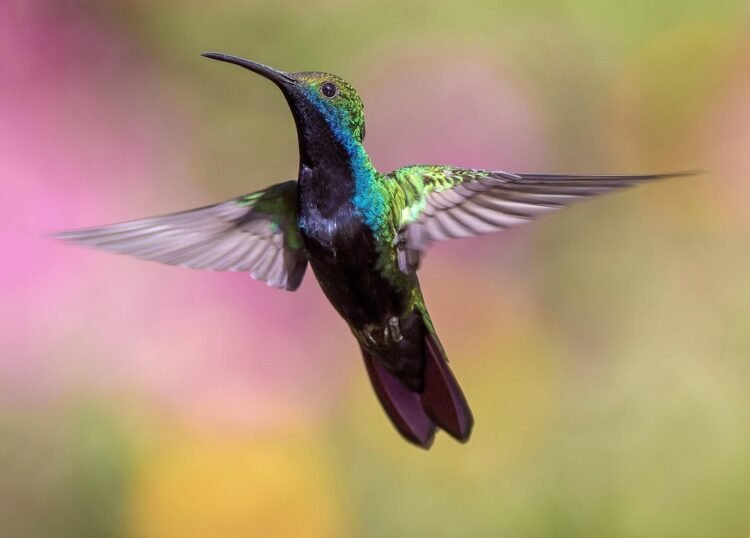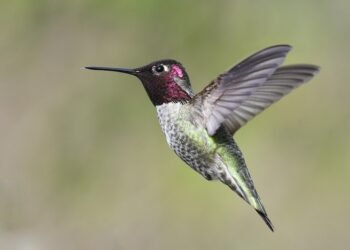Surviving the Skies: Mastering Bird Attack Defense Strategies
When it comes to enjoying the great outdoors, one of the last things on your mind is likely a bird attack. However, bird attacks can and do happen, especially during nesting season or when a bird feels threatened. Knowing how to defend yourself against a bird attack can make all the difference in ensuring your safety. In this article, we will explore some effective bird attack defense strategies to help you navigate the skies with confidence.
Understanding Bird Behavior
Before diving into defense strategies, it’s important to understand why birds may attack humans in the first place. Birds are territorial creatures, and they may perceive humans as a threat to their nesting sites or offspring. Additionally, some bird species are naturally aggressive and may attack if they feel cornered or provoked. By recognizing these triggers, you can better anticipate and avoid potential bird attacks.
Common Bird Attack Scenarios
While bird attacks are relatively rare, they can happen in a variety of scenarios. Some common situations where bird attacks may occur include:
- Walking or jogging near a bird’s nesting site
- Approaching a bird too closely
- Interacting with a bird’s offspring
- Disturbing a bird’s feeding area
Being aware of these scenarios can help you stay vigilant and prepared to defend yourself if a bird decides to attack.
Effective Bird Attack Defense Strategies
When faced with a bird attack, it’s essential to remain calm and react appropriately. Here are some effective defense strategies to help you survive a bird attack:
1. Avoid Eye Contact
Direct eye contact can be perceived as a threat by birds, potentially triggering an attack. If you encounter a bird that appears agitated, avoid making eye contact and slowly back away from the area.
2. Use Protective Gear
If you regularly encounter aggressive birds, consider wearing a hat or carrying an umbrella to shield yourself from potential attacks. This added layer of protection can help minimize the risk of injury during a bird attack.
3. Make Yourself Look Bigger
In some cases, making yourself appear larger can deter birds from attacking. Stand tall, raise your arms above your head, and make loud noises to intimidate the bird and discourage further aggression.
4. Stay Calm and Avoid Sudden Movements
Sudden movements can startle birds and prompt them to attack. If a bird approaches you, remain calm, and move slowly to avoid escalating the situation. Back away slowly and give the bird space to retreat.
5. Seek Shelter
If you find yourself under attack by a bird, seek shelter in a nearby building or vehicle. Close doors and windows to prevent the bird from following you, and wait until the coast is clear before venturing back outside.
FAQs About Bird Attack Defense
Q: Are bird attacks common?
A: Bird attacks are relatively rare, but they can happen in certain situations, such as during nesting season or when a bird feels threatened.
Q: How can I protect myself from bird attacks?
A: To protect yourself from bird attacks, avoid provoking or approaching birds, make yourself appear larger if threatened, and seek shelter if necessary.
Q: What should I do if a bird attacks me?
A: If a bird attacks you, remain calm, avoid making sudden movements, and slowly back away from the area. Seek shelter if possible to protect yourself from further harm.
Conclusion
While bird attacks may be rare, knowing how to defend yourself against them can make all the difference in ensuring your safety. By understanding bird behavior, recognizing common attack scenarios, and implementing effective defense strategies, you can navigate the skies with confidence and peace of mind. Remember to stay calm, avoid provoking birds, and seek shelter if necessary to protect yourself from potential bird attacks. With these tips in mind, you can enjoy the great outdoors without fear of feathered foes.
Stay safe and happy bird-watching!







